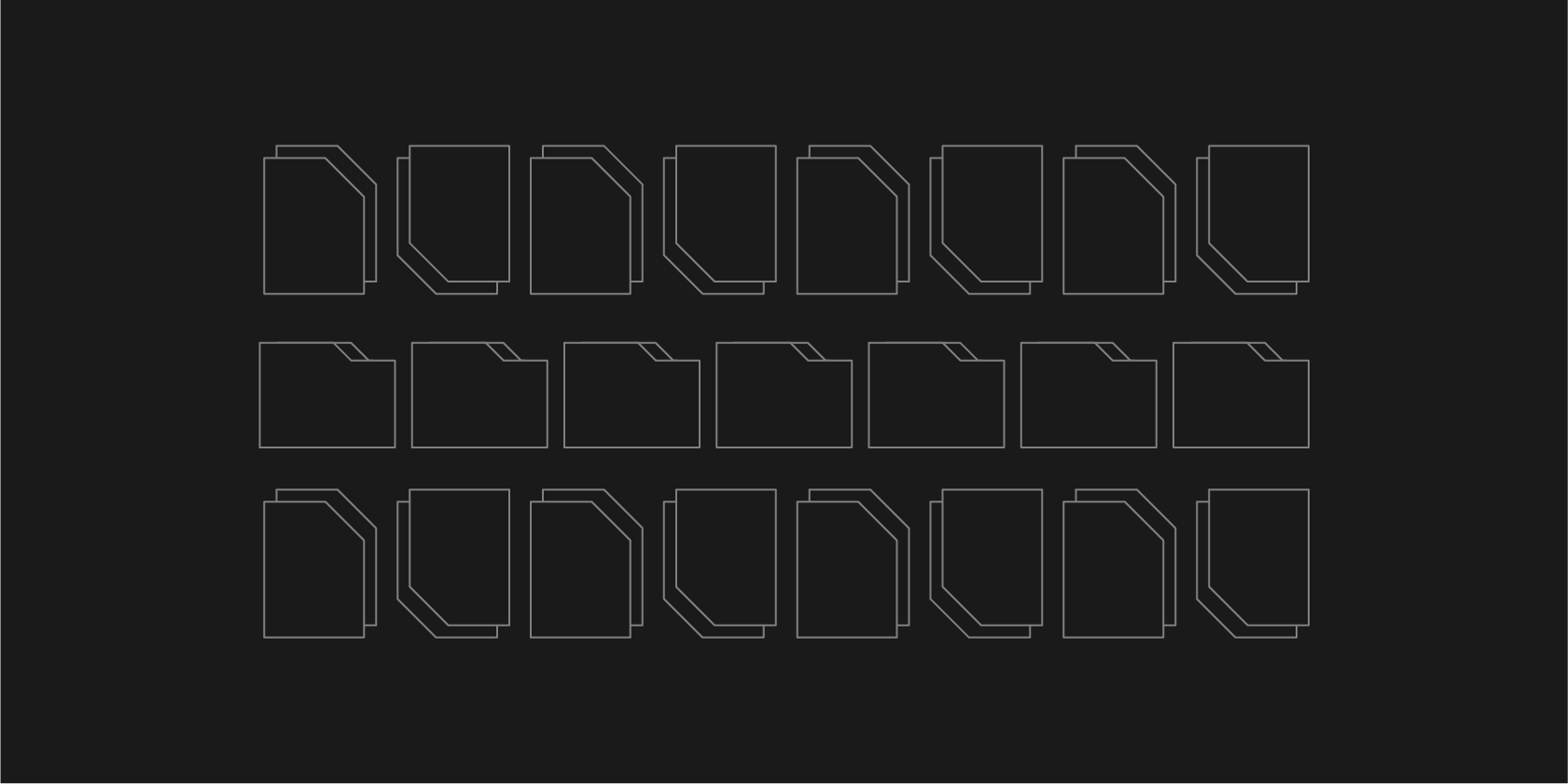Agent File

Today we are launching Agent File (.af): a file format to make stateful agents shareable and reproducible. With Agent File, you can re-create the exact same agent on a different server – allowing you to move agents across cloud and local agent servers.
While sharing prompts is fairly straightforward, stateful/autonomous agents have significant associated state: tools definitions and settings, the execution environment, model configuration, and memories (both in-context and external).
Agent File was build to address key challenges with the agent ecosystem today:
- Portability and reproducibility between systems
- Collaboration between developers
- Preservation of agent configurations
- Versioning agents over time
With the release of Agent File, we’re also sharing a few example agents we built, including:
- A Deep Research inspired agent that uses in-context memory to manage research state over time
- A customer support agent with memory and custom tools
- A workflow agent (stateless with a pre-defined tool graph) for drafting emails
- MemGPT agents with prompts from the original release
You can download an .af to instantly create each of these agents (we’ve also released scripts to generate the agents as well).
A key part of building towards stateful agents is determining what the standard for “state” in an agentic system should be: Agent File is the first file format for representing agentic state in a portable and reproducible way. This is a critical step toward our vision of building the operating system for AI agents – systems that can truly learn and improve with experience.
We're excited to see what you build! Try it out and let us know what agent types you'd like to see next, or share your own agent creations with the community.
Check out our example agent files and upload your own on the Agent File GitHub repository.


















